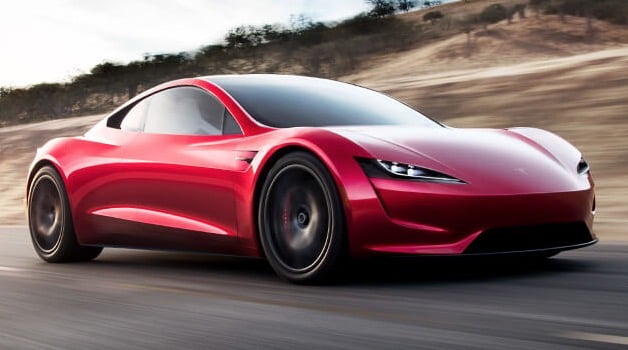
U.S. Auto Lobbyists Seek Government Support of Electric Vehicles

The public’s transition to zero-emission vehicles has been gradually taking place, and yet, many argue that it isn’t happening swiftly enough.
The leading automobile lobbying group in the United States is encouraging lawmakers to help incentivize the use of electric vehicles (EVs), according to CNBC.
The Alliance for Automotive Innovation (AAI), which represents the interests of 99% of car and truck manufacturers selling in the U.S. (Tesla is not part of the alliance), hopes to encourage the public to buy electric through government programs like incentives, infrastructure improvements through investment, and other means of making it easier to purchase and drive EVs.
The notice also asks legislators to revisit regulatory oversight of autonomous driving, which may be indirectly targeting Tesla and its Autopilot software, which has a clear lead over traditional automakers.
“Hey gov, our POS ev programs need help. Can you make a law to stop Tesla from using their new self driving software?”
-the alliance for automotive innovation😂 pic.twitter.com/in9dI9lYd1— jeb (@gmpbev) December 15, 2020
The news comes just a day after President-elect Joe Biden was officially voted as the winner of the US general election, over incumbent Donald Trump.
In the past, Biden has spoken highly of going green, and particularly in the EV industry, including a $400 billion public investment into clean energy solutions like battery technologies and EVs in general. His victory indicates a major win for the future of EVs, especially as the world sits on the cusp of climate crisis.
According to the company’s website, Tesla is not included in the AAI, a surprise given the organization’s current goal. Still, it’s a relief to see the rest of the auto industry finally shaping up to help consumers adopt clean, EV technology, in spite of the fact that only Tesla has a full lineup of zero-emissions vehicles available at this point.
Tesla was also recently excluded from a Michigan direct vehicle sales bill, after having been included in the bill’s original iteration.

